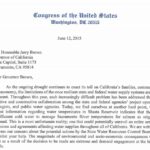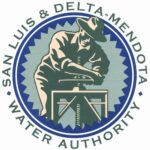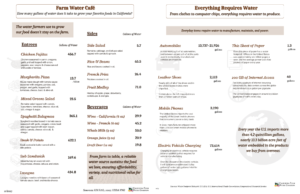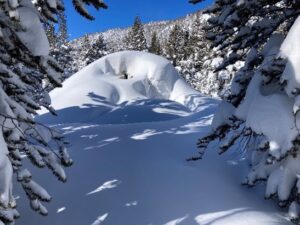Farmers throughout the Central Valley have been working hard and assuming huge personal risks in support of the Sacramento River Temperature Management Plan to protect salmon and still provide water to their farms.
“Hundreds of millions of dollars worth of water is being loaned to the United States Bureau of Reclamation, National Marine Fisheries Service, water districts, communities and individual farmers to stretch every drop available to protect California’s protected salmon and valued agriculture,” said Executive Director Mike Wade of the California Farm Water Coalition.
“Water was purchased or conserved by farmers in prior years and currently resides as an emergency supply in San Luis Reservoir,” he explained. “It is this water targeted for the ‘loan’ program and any decision by the State Water Resources Control Board that would interfere with the complex set of agreements struck since mid-May could cost the agricultural industry as much as $4.5 billion and bankrupt thousands of farmers.”
In a show of cooperation among a diverse set of irrigation and water districts, the water would be “loaned” to the Bureau of Reclamation to meet senior water supply demands in the San Joaquin Valley. In exchange, Reclamation would commit to pay back that water out of supplies stored in Lake Shasta as soon as temperature goals for winter run Chinook salmon are met.
The water is being “loaned” to fulfill multiple water supply and environmental objectives, which include the provision of a small amount of summer water supply for agriculture south of the Delta, refuge management for numerous listed terrestrial species like the Giant Garter Snake, and temperature management goals by Reclamation and the State Water Resources Control Board.
Farmers involved in the “loan” program own land on the Westside of the San Joaquin Valley, Sacramento Valley rice farmers who fallowed land this year to make supplies available for transfers and Friant-area farmers seeking to augment a zero supply for the second year in a row.
“The State Water Resources Control Board should facilitate this complex and unprecedented collaboration and allow Reclamation to release water as soon as possible to pay back what has been borrowed to protect salmon,” Wade added.
Water agencies in the Sacramento and San Joaquin valleys provided estimates to Reclamation indicating the total cost of lost water and farm production if the water board does not approve the payback provision would be in the range of $3.5 billion to $4.5 billion and an additional 485,000 acres of farmland fallowing.




